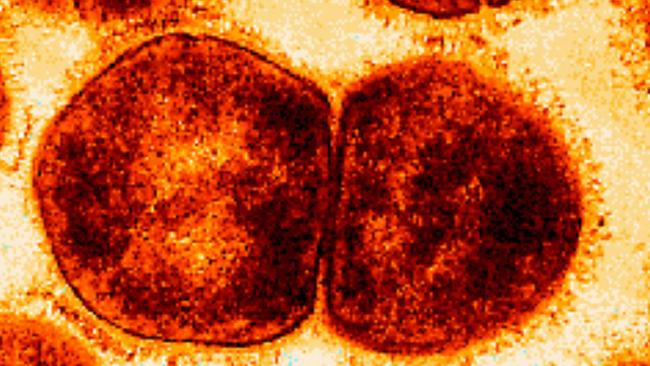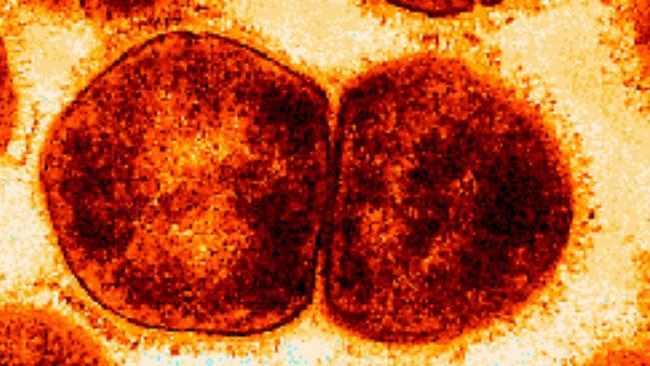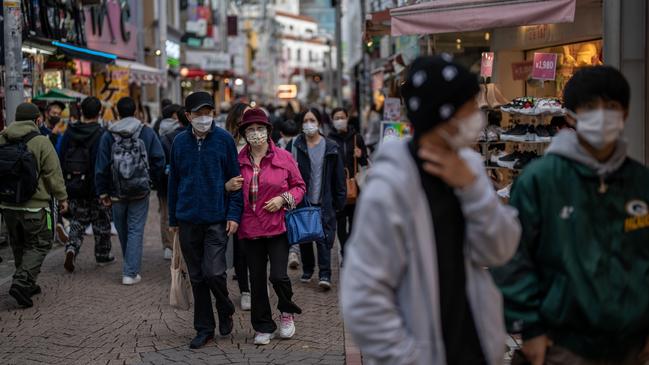Japan reports record spike in deadly bacterial infection
A rare and deadly disease caused by a “flesh-eating bacteria” is on the rise in a tightly-packed nation of 125 million people.

Health
Don't miss out on the headlines from Health. Followed categories will be added to My News.
A rare and deadly disease caused by a “flesh-eating bacteria” is on the rise in Japan.
The alarming affliction can induce streptococcal toxic shock syndrome (STSS), a disease that can kill within 48 hours.
As of June 2, Japan has reported 977 cases this year, surpassing the previous record of 941 cases for all of last year, according to the National Institute of Infectious Diseases.
The culprit, Group A Streptococcus (GAS), typically causes mild infections like strep throat in children. However, certain strains can escalate quickly, leading to severe symptoms such as limb pain and swelling, fever, low blood pressure, necrosis, respiratory issues, organ failure, and ultimately death.
The elderly, particularly those over 50, are most vulnerable.
“Most of the deaths happen within 48 hours,” infectious diseases professor Ken Kikuchi said via Bloomberg.
“A patient might notice swelling in their foot in the morning, which could spread to the knee by noon, and they could die within 48 hours.”
And the surge isn’t isolated to Japan.
Late in 2022, several European nations reported increases in invasive group A streptococcus (iGAS) diseases, including STSS, to the World Health Organisation.
The WHO said that the rise in cases coincided with the end of Covid restrictions designed to limit person-to-person transmission of disease.


If the current infection rate continues, Japan could see up to 2,500 cases this year, with a “terrifying” mortality rate of 30 per cent, Kikuchi warned.
“We can boost immunity if we are constantly exposed to bacteria. But that mechanism was absent during the coronavirus pandemic,” he said.
“So, more people are now susceptible to infection, and that may be one reason for the sharp rise in cases.”
He emphasised the importance of hand hygiene and treating any open wounds promptly. He also said that patients might carry GAS in their intestines, potentially contaminating their hands through feacal matter.
“Even with treatment, STSS can be deadly. Out of 10 people with STSS, as many as three people will die from the infection,” the US Centers for Disease Control and Prevention (CDC) said.
“Experts don’t know how the bacteria got into the body for nearly half of people who get STSS.”
Originally published as Japan reports record spike in deadly bacterial infection




